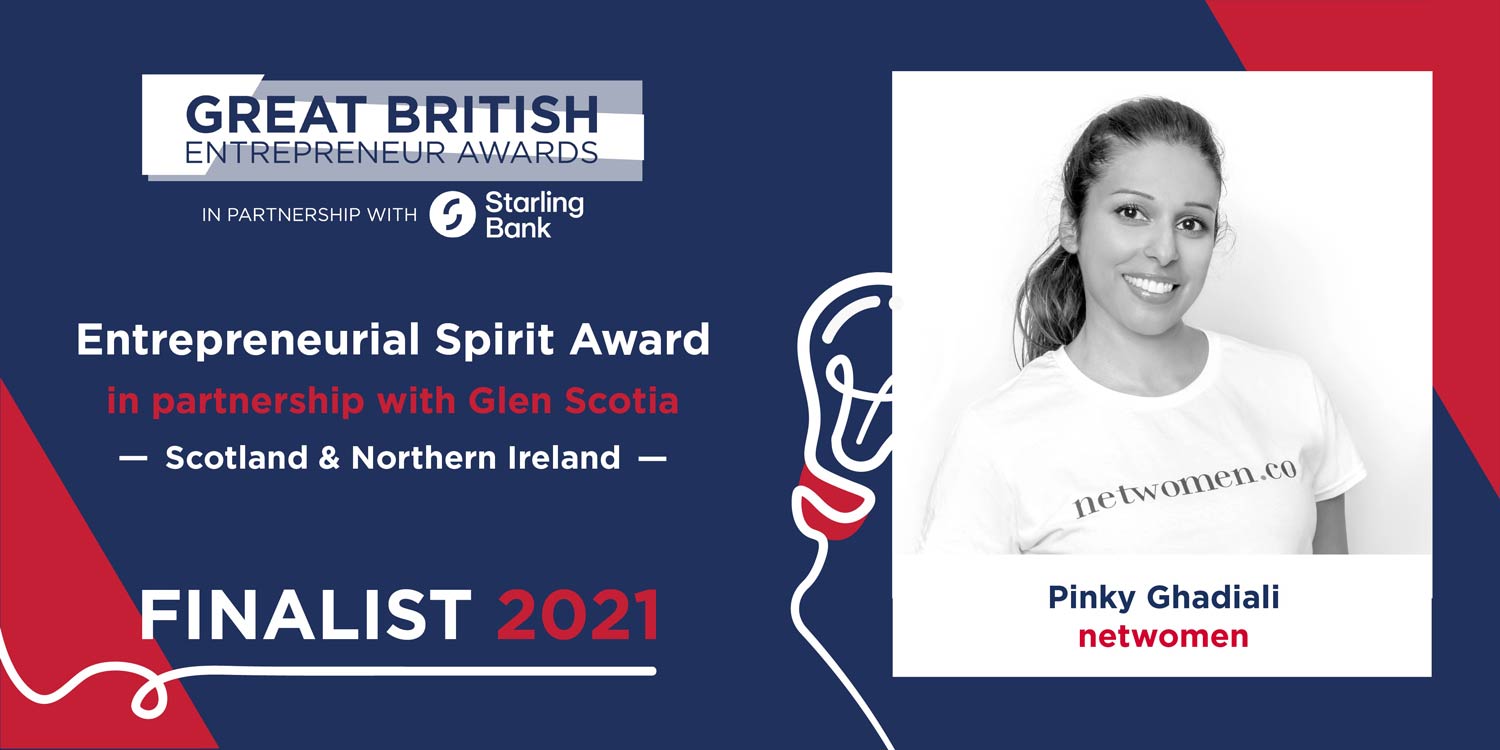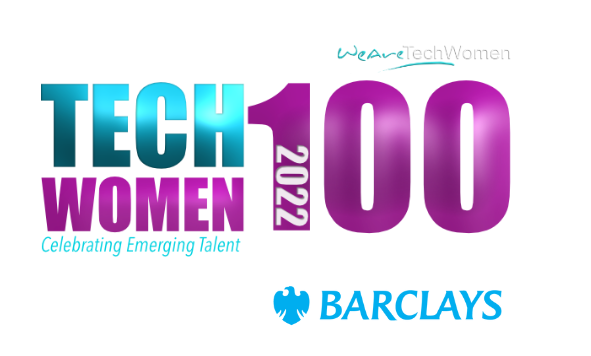The Statistica Website states that In 2022, the United Kingdom ranked 22nd on the global gender gap index, placing it behind other European countries such as France, Germany, and Ireland.
The Close The Gap website says it is now more than 50 years since the Equal Pay Act came into force, but there is still a massive inequality between men’s and women’s pay.
There is a 10% gap between men’s and women’s average hourly rates, and a 27% gap when you compare women’s part-time average hourly rate to men’s full-time hourly rate.
These figures represent a harsh reality of lifetimes of inequality for women which contributes to women’s higher levels of poverty, children’s poverty and women’s pensioner poverty.
There are many reasons why the gender pay gap has manifested but here are 3 of the main causes:
- The Glass Ceiling
Stereotyping and having biases about women’s capabilities and skills results in women being ushered into predominantly female occupations that are also associated with low pay. These include cleaning, catering, admin, care, and retail. There are also barriers, sometimes called ‘the glass ceiling’, which make women unfortunately less likely to be found in management and senior positions.
- Lack of Options
Women also experience discrimination and disadvantage because they are more likely to have caring responsibilities for children, sick relatives, disabled people, or older people. One fifth of women lost their job, or lose out on pay or promotion, simply for being pregnant. A lack of flexible working in many workplaces means that women are forced to look for part-time work in order to balance their many responsibilities. As most part-time work is in low-paid, stereotypically female occupations, this means that women’s pay is likely to go down. Part-time working also has a long-term scarring effect on women’s wages, even if they return to full-time work.
- Ignoring Intersectionality
While there are shared experiences between women in employment, all women are different. Disabled women, Black and minority ethnic women, Muslim women, lesbian and bisexual women, trans women, refugee women, young women, and older women experience different, multiple barriers to labour market participation, and to progression within their occupation. Disabled women, and some groups of black and minority ethnic women are more likely to be underemployed in terms of skills, and experience higher pay gaps. Disabled, black and minority ethnic, and lesbian, bisexual and trans women are more likely to report higher levels of discrimination, bullying and harassment.
“The pay gap is ultimately bad for business, and bad for the economy because many women are working below their skill level. Companies that treat staff fairly are more productive, more innovative, find it easier to retain skilled staff, and ensure that they have a positive corporate image.” – Close The Gap website
Here at Netwomen we have been working with Beauhurst to identify companies who recognise this and to congratulate them on their continued efforts to decrease the gender pay gap.
Beauhurst is a data platform that lets you discover, track and understand high-growth companies, accelerators and funds.
Thanks to our collaboration with Beauhurst; they found that:
- just 111 companies have that have moved from having a pay gap of 20% or more in favour of men to having less than 5% gap.
This is a huge achievement; to put it into context, out of all of the sectors and a total of 11,087 companies reported, only 111 companies have managed this so far in 2022 – CONGRATULATIONS!
At Netwomen, we want to celebrate companies like these who are market leaders in equality; it’s our mission to bridge the gender gap and create equity and celebrate equality.
In recognition of their achievement, Netwomen would like to award companies like these with a badge that can display with pride on your website and social channels, email signature and any printed materials. Please click HERE if you want your company to be featured on our Netwomen.co website and social media.
So we can amplify your post please use our social tags @netwomen.co on LinkedIn don’t forget to mention @Netwomen and @Beauhurst.
Click here for the 111 companies we are acknowledging for their achievements.



